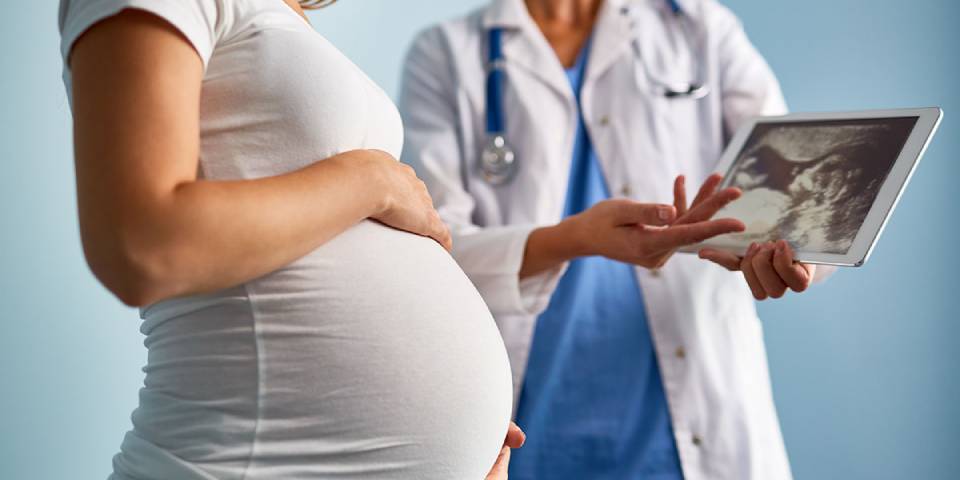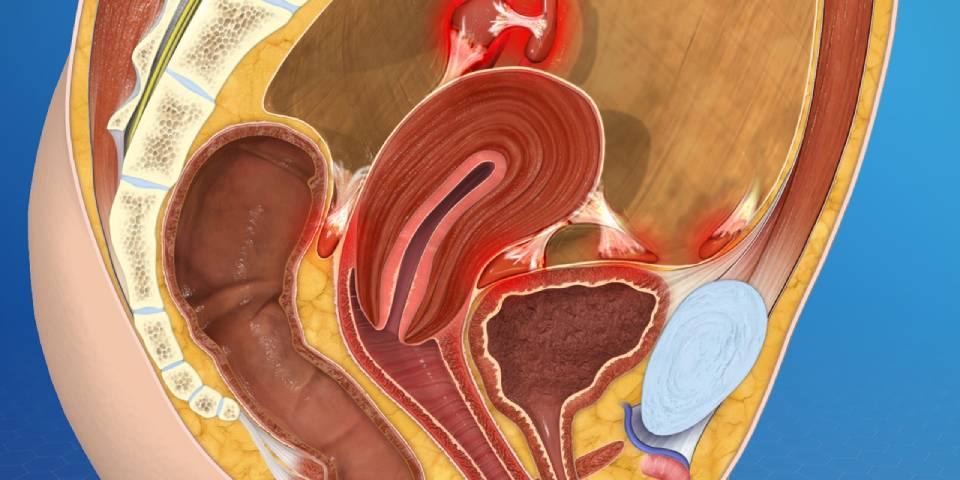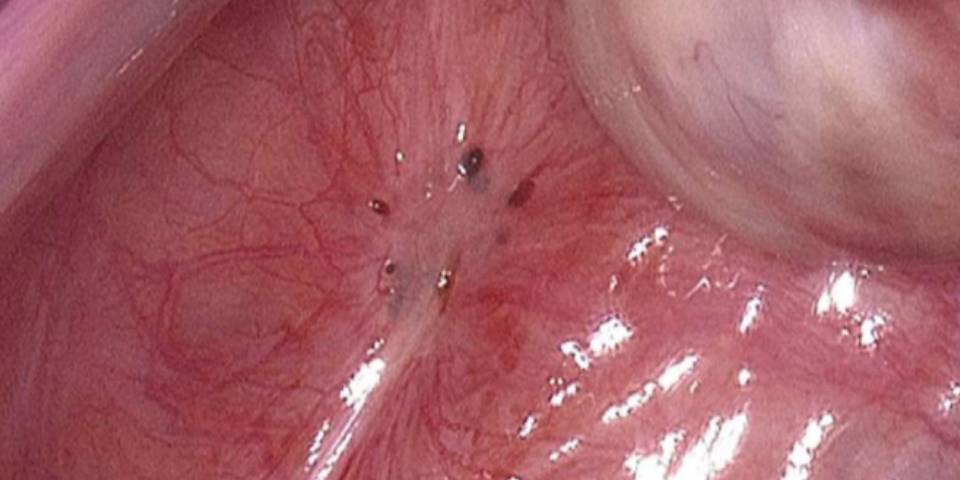If you have concerns or questions about your pregnancy, don’t hesitate to contact a qualified Dr. Shraddha Galgali at Dr. Shraddha’s EXCELLA Woman’s Wellness Clinic. The number of pregnancies with a high risk of complications is increasing rapidly, with a staggering 20% rise in recent years. Only by raising awareness and understanding of high-risk pregnancies can you be empowered to prevent them, safeguarding yourself and your baby from immense suffering and potential danger.
Dr. Shraddha Galgali, a renowned Infertility Treatment in Punawale, Pune Pune emphasizes the importance of understanding, preparing for, and managing high-risk pregnancies to ensure the best possible outcomes.
Understanding High-Risk Pregnancy:
A high-risk pregnancy doesn’t necessarily mean there will be difficulties. It just indicates a need for more vigilant care. Here are some factors that can contribute to a high-risk classification:
- Maternal health conditions: Chronic conditions like pre-existing diabetes, high blood pressure, thyroid disorders, or autoimmune diseases can increase pregnancy risks.
- Age: Women under 18 or over 35 are considered to have a slightly higher risk of complications.
- Pregnancy complications: A history of miscarriage, premature birth, or multiple births can raise concerns.
- Lifestyle factors: Smoking, alcohol consumption, or drug use can negatively impact pregnancy.
- Prenatal testing results: Abnormal results from prenatal screening tests, such as amniocentesis or chorionic villus sampling (CVS), may indicate a potential birth defect.
Some Risk Factors for high-risk pregnancy:
You are right. Here are the familiar medical risk factors for a high-risk pregnancy:
- Autoimmune Diseases – A woman having autoimmune diseases like multiple sclerosis or lupus face more high-risk pregnancies.
- Pregnancy Record – A woman with a record of having pregnancy-related hypertension diseases, like preeclampsia, having a premature baby birth in the last pregnancy, or numerous premature births are at a higher risk of having pregnancy complications.
- Maternal Health Issues – Diabetes, high blood pressure, thyroid, poorly controlled asthma, etc may induce difficulties during pregnancy.
High-Risk Pregnancy - Signs And Symptoms?
Dr. Shraddha Galgali explains some of the signs and symptoms of high-risk pregnancy are listed below.
- Abdominal And Chest Pain – Women facing abdominal and chest pain that does not go with time may have a high-risk pregnancy and doctor consultation is a must.
- Extreme Fatigue And Dizziness– Although pregnancy itself is a difficult phase, women who experience excessive fatigue along with dizziness and fainting may have high-risk pregnancies.
- Nausea and Vomiting With Severe Headache– Women facing severe headaches that increase with time and are accompanied by nausea and vomiting may face a high-risk pregnancy.
What are the Complications of a High-Risk Pregnancy?
According to Dr. Shraddha galgali, a renowned High Risk Pregnancy Specialist in Punawale and she clarifies some of the potential complications are :
- Preeclampsia: High blood pressure after 20 weeks, can harm mother and baby.
- Eclampsia: Seizures due to high blood pressure during pregnancy.
- Preterm or Caesarean Delivery: Early birth (before 37 weeks) increases health risks for the baby.
What to Expect During Prenatal Care?
If you have a high-risk pregnancy, Dr. Shraddha Galgali will likely recommend more frequent prenatal visits. These visits will be similar to regular prenatal care, but may include additional monitoring:
- More frequent ultrasounds: These allow for closer evaluation of fetal growth and development.
- Non-stress tests (NST) and biophysical profiles (BPP): These tests assess fetal well-being by monitoring the baby’s heart rate and movement in response to stimuli.
- Amniocentesis or CVS: If there’s a high risk of a genetic disorder, these procedures can diagnose chromosomal abnormalities.
- Specialized care: Depending on the specific risk factors, you may be referred to a maternal-fetal medicine (MFM) specialist for high-risk pregnancy management.
Preparing for a Healthy Delivery:
A high-risk pregnancy requires extra preparation, but it doesn’t have to diminish the joy of expecting. Here are some tips:
- Educate yourself: Learn about your specific risk factors and potential complications.
- Find a support system: Surround yourself with positive and knowledgeable people, like your partner, family, friends, or a support group for high-risk pregnancies.
- Develop a birth plan: Discuss your preferences for pain management, delivery options (vaginal or cesarean), and newborn care with your doctor.
- Prioritize healthy habits: Eat a balanced diet, exercise regularly (as advised by your doctor), and get adequate sleep.
- Manage stress: Stress can be detrimental during pregnancy. Exercise relaxation methods like yoga, meditation, or deep breathing.
- Stay informed: Ask questions and voice any concerns during your prenatal visits. Don’t waver to seek clarification if something is unclear.
Book An Appointment:
Understanding and managing a high-risk pregnancy requires careful planning, frequent monitoring, and a proactive approach to health and well-being. Dr. Shraddha Galgali emphasizes the importance of early detection and comprehensive care to address the unique challenges of high-risk pregnancies. Dr. Shraddha Galgali – The best Maternity Clinic in Punawale and nearby area provides high-risk pregnancy management services. If you want high-risk pregnancy counseling. You can come to our clinic. Dr. Shraddha’s EXCELLA Woman’s Wellness Clinic, Punawale is one of the best high-risk pregnancy care centers in Punawale, Pune.
Feel free to call us on 9923956515 for appointments and queries or book an online appointment.





